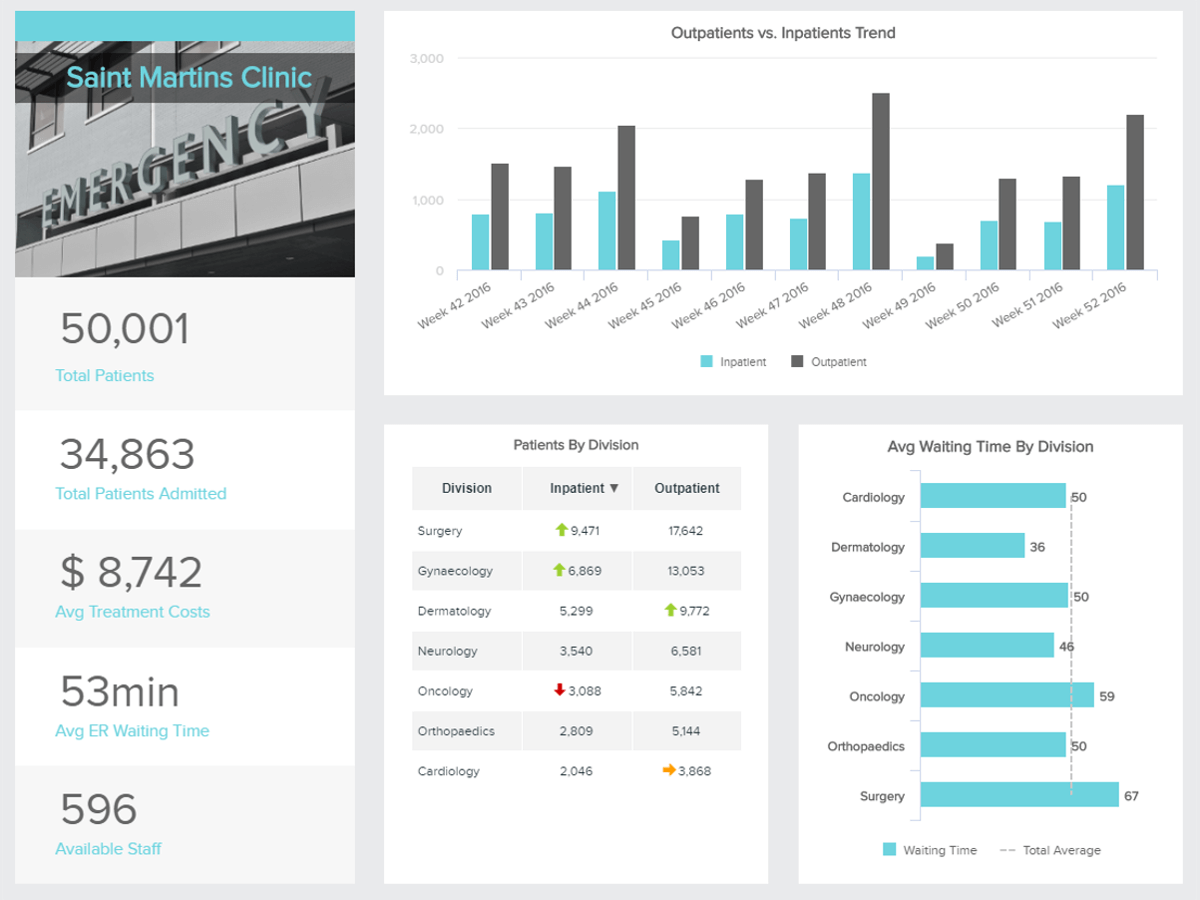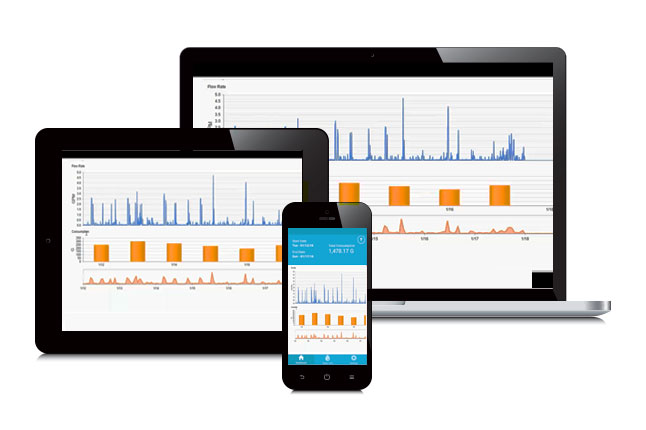

Hence improving patient results while limiting expenses by giving the right treatment at the right time. Utilizing BI tools to break down patient flow, improve persistent triage stream, and settle on improved choices dependent on the number of inhabitants in the healthcare association, emergency clinics will realize the perfect release times of a patient in this manner for the optimal utilization of bed space.īesides any emergency cases, the treatment of patients can be organized more precisely.
HEALTHCARE BI TOOLS SOFTWARE
Then it is with the help of a BI tool that doctors can understand the patient’s medical history and diagnose him/her in an appropriate way for the current as well as any future concerns.įor identifying and analyzing numerous healthcare administration flaws and complexities, the need for BI software is increasing.įurthermore, progressed investigative capacities are important to understand key difficulties and connections between patient, clinical, and operational information.īI software enables administrative heads to track Key Performance Indicators (KPIs) that break down, oversee, and help healthcare organizations to adjust their performance based on precise information and examination based knowledge. Say, for example, a patient was diagnosed with a tumor in 2016 and then got cured in that year only but due to some unknown reasons in 2019, another tumor got detected. With the help of Business Intelligence tools, software, and applications, patient data has become more accessible. Likewise, the doctor is also happy as he/she gets to serve the patient better. The doctor can access every single test and treatment report of the patient, both at the office as well as at home via a simple software application installed on mobile, tablet, or laptop.Įliminating repeat tests helps in saving a lot of money and fulfills the patient satisfaction level who does not need to rehash a similar test, because of any missing data. This software keep track of all the patient data.

Medicinal services are progressively reliant on digital technology to help the operations of a healthcare system.Įmergency clinics and other medicinal service associations need a situation that supports the day-to-day practices of surgeons, physicians, and all other healthcare personnel.īI consolidates and presents all the cases to doctor which can be obtained via Electronic Health Record. These needs are fulfilled by the modern business intelligence software which gives an insight regarding daily practices, patient care, and satisfaction.Īpplications of Business Intelligence in the Healthcare Industry Predictive modeling and data visualization tools are a requirement for hospitals and healthcare organizations. The number of patients in the hospitals is only on a rise due to various illnesses, accidents, and other factors, and with these increasing numbers the process of maintaining data in the healthcare industry is also getting complicated and thus the needs of advanced analytics tools for decision-making capabilities are growing day-by-day. If we consider the basic necessities of a nation, healthcare should be given the highest preference, and improving its quality, safety values, and efficiency should be a priority and therein technology has really revolutionized this sector by reducing costs, improving efficiency, and keeping the quality up to mark. Business Intelligence Enters the Scenario of Healthcare This has in turn brought upon the increase in usage of business tools to achieve such efficiency. – Due to federal reforms introduced by local bodies in North America, enhanced quality of care and reduction in the cost of medical bills in healthcare centers has become a necessity to abide by. An increase in usage of EHRs across clinics along with the need to build up patient data has attributed to this. – Clinical analysis segment accounts for maximum growth in terms of usage. – According to a report by Stratistics MRC, the overall market share of business intelligence in healthcare is set to see an increase of about 17.4% from $3.75 billion in 2017 to $15.88 billion by 2026.

Growth of Business Intelligence from 2017 to 2026 in Healthcare

Earlier, understanding logistics data was genuinely a tough job but after implementation of BI, data like driving behavior, routing and scheduling, turnaround time, utilization reports, financial reports, and fuel analysis reports can be easily determined and over a period of time BI has played a crucial role in Healthcare industry as well. Something similar happens in the logistics and transportation industry.


 0 kommentar(er)
0 kommentar(er)
